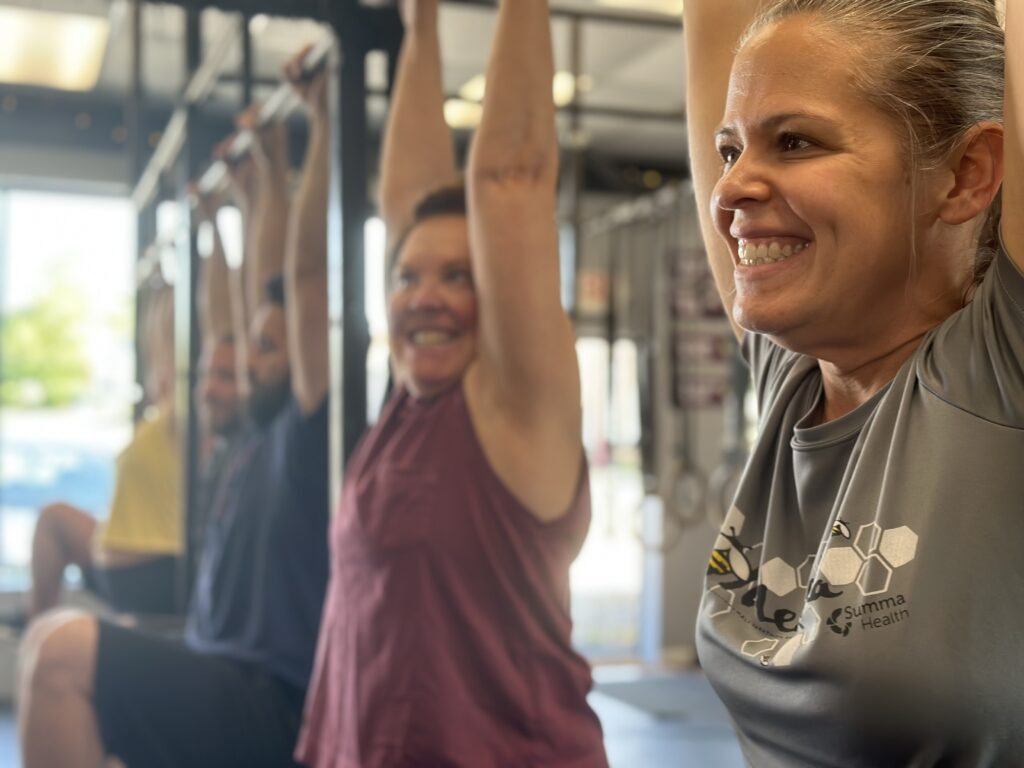
The Link Between Strength Training and Longevity
In the quest for longevity, we often prioritize actions like maintaining a balanced diet, getting enough sleep, and reducing stress levels. These elements undoubtedly contribute to a longer, healthier life. Yet, there’s another piece to the longevity puzzle that often goes unappreciated: strength training. But how exactly does lifting weights or performing resistance exercises impact our lifespan? Let’s delve into the science behind strength training and its remarkable link to longevity.
What Is Strength Training?
Strength training, often referred to as resistance training or weight lifting, is a type of physical exercise that enhances muscle strength and endurance. It includes a range of exercises where muscles exert force against some form of resistance, such as weights or resistance bands.
The Science Behind Strength Training and Longevity
Numerous studies over the years have established the link between strength training and enhanced longevity. Here are the key points to understand:
- Muscle Mass and Aging: As we age, we naturally lose muscle mass – a condition known as sarcopenia. This muscle degradation can lead to frailty and an increased risk of falls and fractures. Strength training counteracts sarcopenia by helping to maintain or even increase muscle mass.
- Metabolic Health: Strength training improves metabolic health, contributing to better insulin sensitivity and healthier blood sugar levels. These factors help prevent metabolic disorders such as diabetes, which are known to shorten lifespan.
- Bone Density: Strength training doesn’t just build stronger muscles – it also builds stronger bones. By increasing bone density, resistance exercises reduce the risk of fractures and osteoporosis – a major health concern in older adults.
- Cardiovascular Health: While we often associate cardiovascular exercise with heart health, strength training plays a role, too. Regular resistance training lowers blood pressure, reduces cholesterol levels, and improves overall cardiovascular health.

Longevity Beyond Biology
Besides the biological impact, strength training also contributes to longevity in more indirect, but equally important, ways:
- Functional Independence: By enhancing overall strength and physical ability, resistance training supports functional independence into old age. This means being able to perform daily tasks and activities without help, leading to a higher quality of life.
- Mental Health: Regular exercise, including strength training, boosts mental health by reducing symptoms of depression and anxiety. It also contributes to better cognitive function, which is crucial in preventing age-related cognitive decline.
Implementing Strength Training for Longevity
Considering the link between strength training and longevity, it’s worth integrating resistance exercises into your fitness routine. Here’s how you can get started:
- Start Slow: Begin with exercises that use your body weight, like push-ups or squats. As your strength improves, you can gradually introduce weights.
- Consistency Is Key: Consistency is more important than intensity. It’s better to exercise a little bit every day or every other day than to do a strenuous workout once a week.
- Professional Guidance: To ensure you’re doing exercises correctly and avoid injury, consider working with a personal trainer or taking classes.
In conclusion, strength training provides a host of benefits that contribute to a longer, healthier life. It’s not just about building muscle and looking good – it’s about strengthening the body, improving health markers, and promoting functional independence. So the next time you plan your workout, remember: live longer, live stronger!
Come get stronger with us here.


